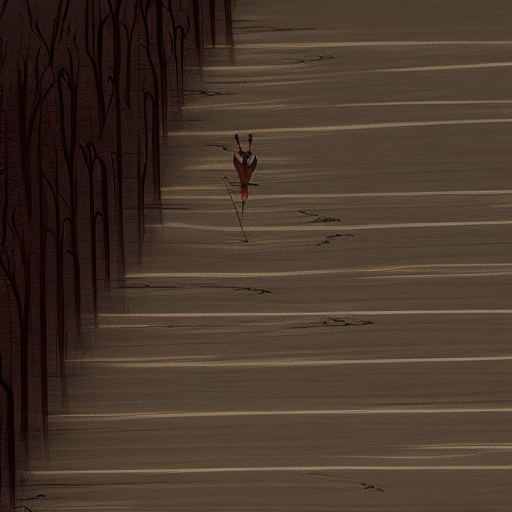One-line Summary:
Trainspotting, directed by Danny Boyle, is a darkly comedic and gritty portrayal of a group of heroin addicts in Edinburgh. Mark Renton, played by Ewan McGregor, and his friends navigate the highs and lows of addiction, friendship, and survival in the 1990s. The film explores themes of identity, disillusionment, and the destructive allure of drugs, all set against a backdrop of a decaying urban landscape.
Main Cast and Crew:
- Director: Danny Boyle
- Writer: John Hodge (screenplay), Irvine Welsh (novel)
- Main Cast: Ewan McGregor as Mark Renton, Ewen Bremner as Spud, Jonny Lee Miller as Sick Boy, Robert Carlyle as Begbie
- Music Director: Underworld
- Director of Photography: Brian Tufano
- Producers: Andrew Macdonald
Plot:
Trainspotting follows the lives of a group of friends in Edinburgh, Scotland, as they struggle with heroin addiction. Mark Renton, a young man caught in the cycle of drug abuse, decides to quit heroin and attempts to clean up his life. However, his friends, including the hapless Spud, the conniving Sick Boy, and the violent Begbie, make it difficult for him to escape their destructive lifestyle.
The film explores the highs and lows of addiction, depicting the characters’ desperate attempts to score drugs, their harrowing experiences with withdrawal, and the constant threat of relapse. Mark’s journey towards sobriety is complicated by his relationships with his friends, who are either enablers or obstacles on his path to recovery.
Trainspotting also delves into the characters’ search for identity and purpose. Mark, disillusioned with the monotony of everyday life, grapples with the question of whether there is more to existence than the pursuit of pleasure and escape. The film juxtaposes the characters’ drug-induced euphoria with the harsh realities of their lives, highlighting the stark contrast between their fantasies and the grimness of their surroundings.
Themes and Motifs:
Trainspotting explores themes of addiction, friendship, identity, and the consequences of one’s choices. The film examines the allure of drugs and the destructive power they hold over individuals, as well as the complex dynamics of friendship within a group of addicts. It also raises questions about the nature of identity and the search for meaning in a world that often feels devoid of purpose.
The movie employs various motifs, such as surreal and hallucinatory sequences, to depict the characters’ altered states of mind and the disorienting effects of drugs. The use of dark humor adds a layer of irony to the story, highlighting the absurdity and tragedy of the characters’ lives.
Reception and Legacy:
Upon its release in 1996, Trainspotting received critical acclaim for its bold and unflinching portrayal of addiction. The film was praised for its energetic direction, compelling performances, and its ability to capture the zeitgeist of the 1990s. Trainspotting became a cultural phenomenon, resonating with audiences worldwide and earning a dedicated following.
The film received several awards and nominations, including an Academy Award nomination for Best Adapted Screenplay. Trainspotting’s impact on popular culture and cinema cannot be overstated. It has been hailed as a seminal work of British cinema and is often regarded as one of the greatest films of the 1990s.
Recommendation:
Trainspotting is a raw and powerful film that offers a thought-provoking exploration of addiction and its consequences. It is a must-watch for those who appreciate gritty and uncompromising cinema. However, due to its explicit content and dark subject matter, it may not be suitable for all audiences.
Memorable Quote:
“Choose life. Choose a job. Choose a career. Choose a family. Choose a fucking big television, choose washing machines, cars, compact disc players and electrical tin openers.”












